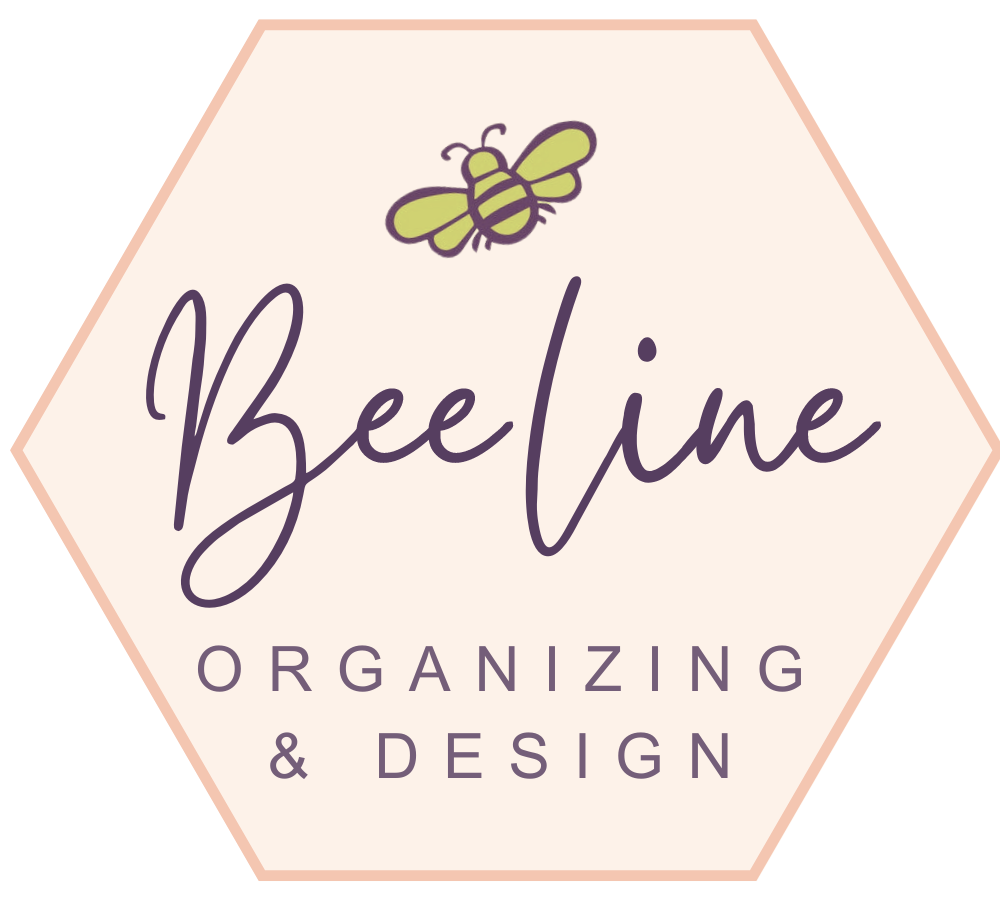Why is Decluttering So Therapeutic?
In today’s fast-paced world, clutter can accumulate quickly, affecting not only our physical space but also our mental health. Decluttering isn’t just about tidying up; it’s a therapeutic process that can bring a sense of calm, focus, and wellbeing. Beyond the personal benefits, there are also ecological benefits to decluttering that make this practice increasingly important in a world striving for sustainability.
The Psychological Impact of Clutter
Clutter often results in feelings of overwhelm, stress, and anxiety. When our environment is chaotic, it’s harder for our brains to relax and concentrate. Decluttering allows us to regain control over our space, fostering a sense of accomplishment and reducing mental clutter along with physical mess.
Psychologists suggest that decluttering affects the brain’s amygdala, the center responsible for processing stress. By clearing out unnecessary items, we lower sensory overload, which in turn diminishes chronic stress levels. This helps explain why many people report feeling lighter, more organized, and less anxious after a thorough decluttering session.
How Decluttering Encourages Mindfulness
The act of decluttering requires intentionality, promoting mindfulness as we decide what items to keep and what to let go of. This purposeful process forces us to slow down and reflect on what truly adds value to our lives.
Mindfulness during decluttering helps in processing emotions attached to possessions. It allows us to understand our attachment patterns and encourages healthier habits relating to consumption and accumulation. This self-awareness not only aids personal growth but promotes long-term mental health.
Ecological Benefits to Decluttering: Why It Matters
Though much of the conversation around decluttering focuses on personal wellbeing, it’s essential to highlight the ecological benefits to decluttering as well. When we choose to declutter thoughtfully rather than simply discard items, we contribute positively to the environment.
By sorting through our belongings, we can recycle, donate, or repurpose items instead of sending them to landfills. This reduces waste and lowers our carbon footprint. Moreover, decluttering helps curb overconsumption. When mindful of the possessions we keep, we become more cautious about unnecessary purchases, leading to a more sustainable lifestyle.
Organizations and communities benefit from donated goods, while recycling reduces the need for raw materials, conserving ecosystems and reducing pollution. Sustainable decluttering is a vital step toward minimizing our environmental impact while improving living spaces.
Decluttering and Creating Functional Spaces
A significant part of decluttering’s therapeutic effect comes from the creation of functional, organized spaces. When everything has a designated place, daily tasks become easier, and stress decreases.
Clear spaces invite creativity, productivity, and relaxation, all of which contribute to better mental health. For example, a clutter-free bedroom can improve sleep quality, while a tidy kitchen can make cooking more enjoyable and less stressful.
By enhancing the practicality of our environments, decluttering strengthens our ability to focus on what matters most in life, improving overall quality of living.
Tips for Making Decluttering a Therapeutic Practice
To maximize the therapeutic benefits of decluttering, consider the following tips:
- Set Clear Goals: Identify why you want to declutter—whether to reduce stress, create space, or promote sustainability.
- Take It Slow: Decluttering doesn’t have to be overwhelming. Break it into manageable sections and celebrate small wins.
- Mindful Sorting: Be intentional about each item. Ask yourself if it serves a purpose or brings joy.
- Reuse and Donate: Embrace the ecological benefits to decluttering by giving items a second life instead of throwing them away.
- Maintain Regular Decluttering: Establish routines to keep your space organized and prevent future build-up.
Final Thoughts
Decluttering goes far beyond making your home look neat. It’s a deeply therapeutic practice that supports mental clarity, reduces stress, and encourages positive emotional health. Incorporating sustainable habits into the process brings additional ecological benefits to decluttering, promoting environmental responsibility.
By embracing decluttering as both a personal and ecological practice, we create healthier spaces for ourselves and a more sustainable world. Whether you’re tackling a small drawer or an entire home, the transformative power of decluttering can lead to lasting improvements in wellbeing and planetary health.
Visit our blog page for more interesting articles

